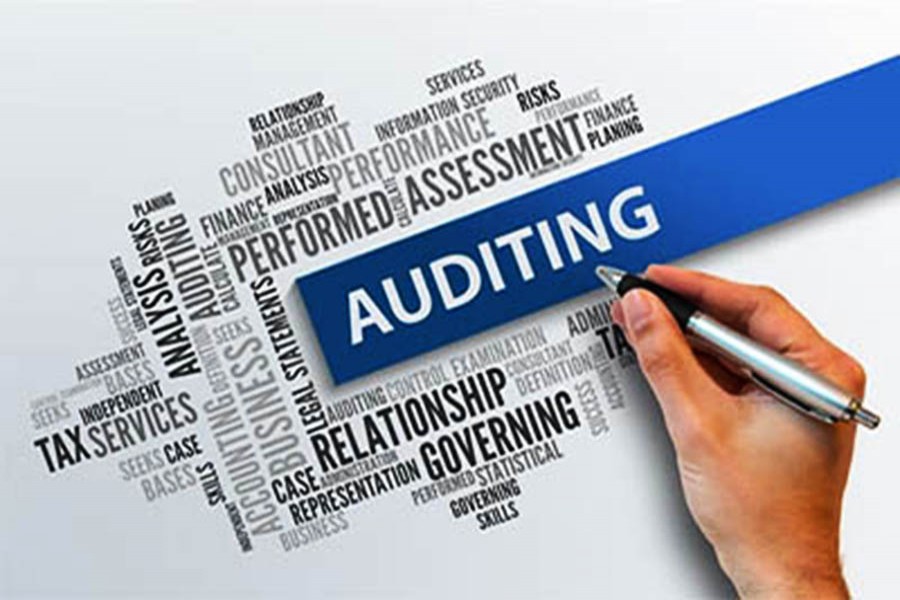This time each year the external auditor knocks on the door of limited liability companies making staff and executives anxious. Sadly, the utility of this elaborate exercise-a legal requirement-is questioned by many. Investors do not put much store on audits, perhaps doubting its credibility. Many users of financial statements feel that the quality of audits in Bangladesh leaves much to be desired. In their defence, auditors cite budget and time constraints and lack of cooperation from management. Moreover, paltry fees impact quality.
A way out, in my opinion, is for the government to bear the cost of annual audits. That way companies won't be able to browbeat their auditors into signing questionable accounts.
In order to explore such concerns and other issues I sat down with the senior partner of a renowned firm of chartered accountants.
The source stated that the profession (auditing) has changed dramatically over the last few years principally by adopting the International Financial Reporting Standards (IFRS) with effect from January 2018. IFRS is meant to harmonise our reporting and disclosures with that of many other countries. Moreover, as per the Financial Reporting Act of 2015 the format of the auditor's report has been changed. The legislation gave birth to the Financial Reporting Council (FRC), our nascent watchdog of auditors.
With an intent to cheat or extract advantage in their dealings some reporting companies have been known to give different versions of their financial statements. To curb this practice the Institute of Chartered Accountants of Bangladesh (ICAB) has introduced the document verification system (DVS) late last year. Banks, NBR and other users have been asked to log in to a database run by ICAB to access the only authentic set of audited accounts by means of a unique number. But what if banks get around this rule by asking for, and getting, "real" financials?
The partner mentioned that ICAB has teamed up with Caseware International Inc (CII), of Canada with a view to introducing paperless auditing in Bangladesh. CII is a provider of desktop and cloud-enabled solutions for audit, assurance, financial reporting and data analytics.
To align its curriculum with its UK counterpart-ICAEW-the Bangladesh institute has revised and modernised its study materials. A parallel aim is to get more international and reciprocal recognition for our qualified accountants.
Turning his attention to recruitment of student (trainee) accountants he expressed satisfaction with the quality of incoming trainees. One reason is that ICAB has signed agreements with several universities offering exemptions depending on subjects completed and grades received. Eligible students are entitled to proceed to the certificate stage of ICAB thus rapidly advancing towards the professional exams.
Technology has made risk-based auditing- which is the current trend-more convenient by making sampling easier. It is not possible, and quite prohibitive, to check all financial transactions. Similar is the case with retrieval of documentation. Computer assisted audit techniques are helping to keep track of field work.
In terms of international competition qualified Bangladeshi professionals are apparently making successful inroads regionally thanks to cooperation with by ICAEW. Some feel however that accountants from India, Pakistan and Sri Lanka have a competitive edge over their Bangladeshi counterparts. The main differentiator is weak communication skills. Communication is a stepping stone to other soft skills like negotiation and bargaining. Collaboration, teamwork, tact, and cultural sensitivity are other sought-after leadership qualities.
The writer is an economic commentator


